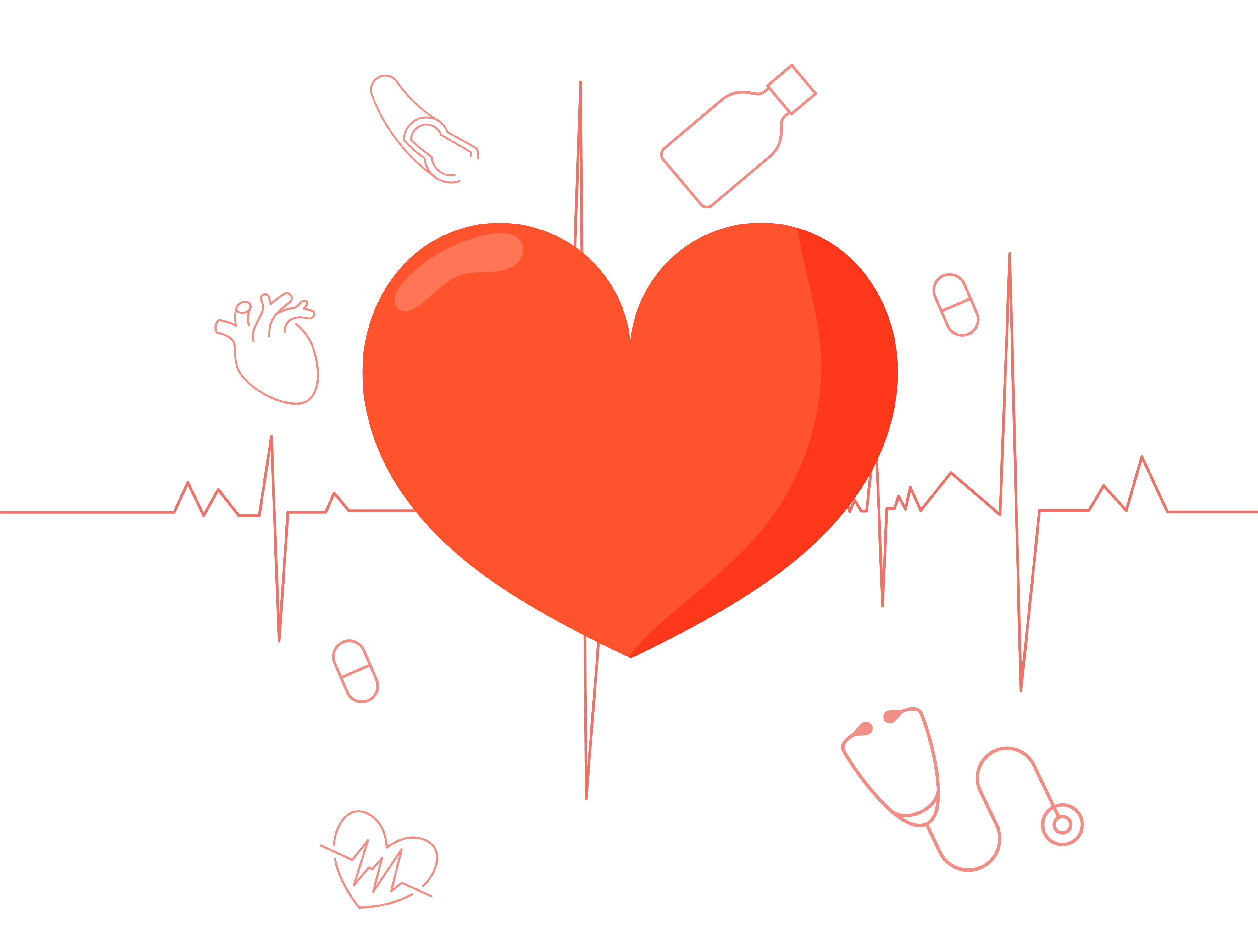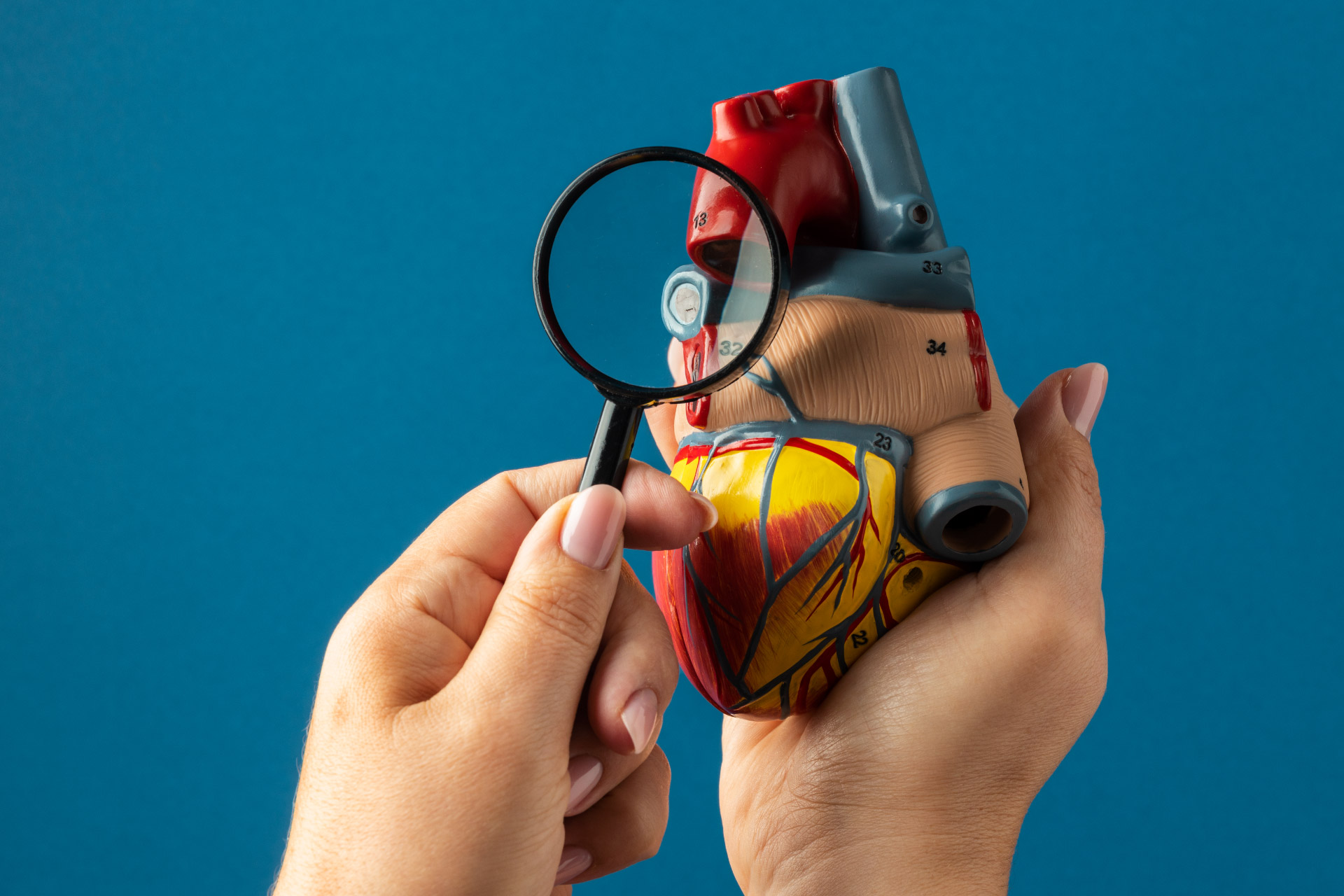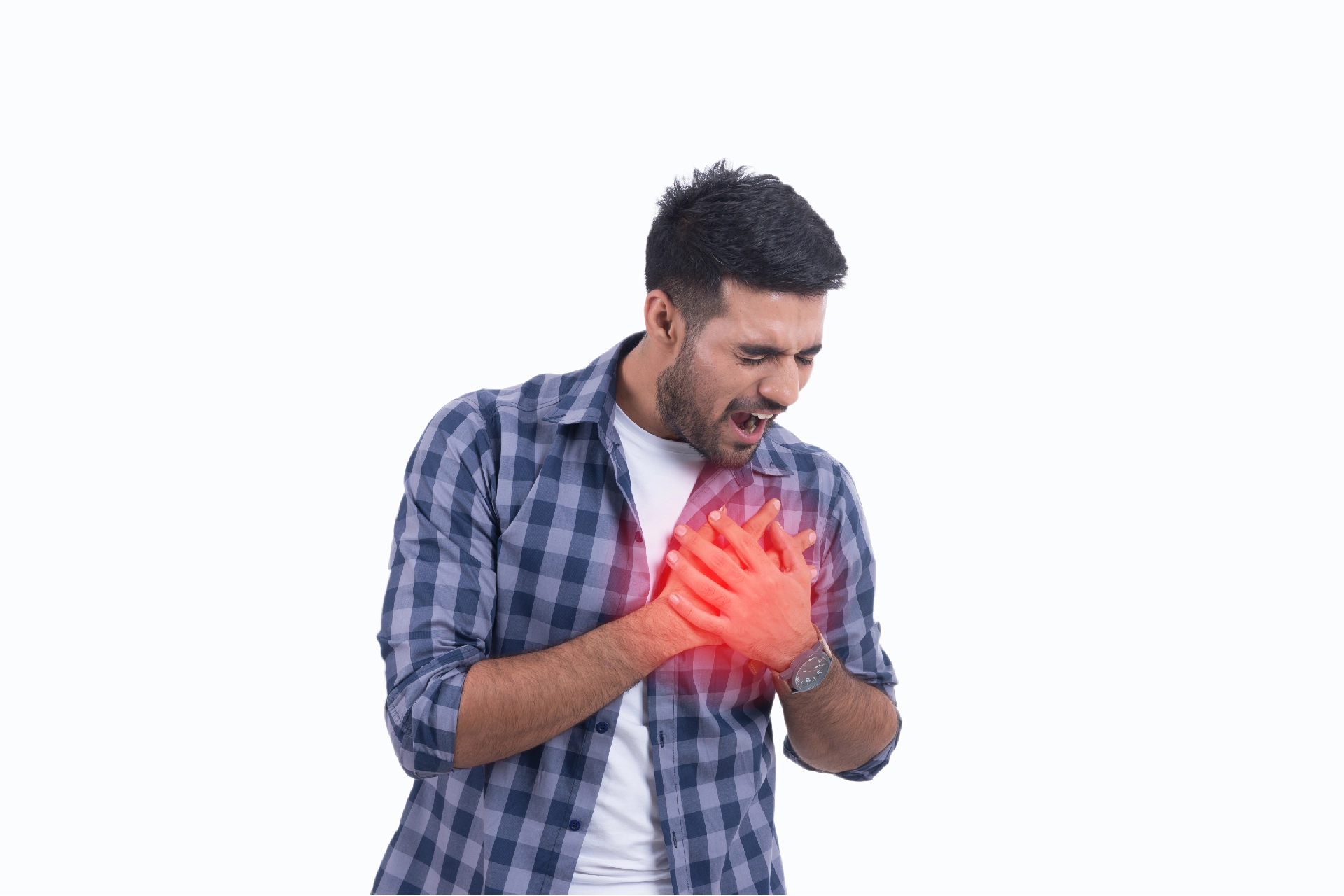Heart Health | 5 min read
Smoking and Heart Disease: How Does Smoking Risk Your Heart?
Medically reviewed by
Table of Content
Key Takeaways
- One in five people die from smoking-related heart disease
- Peripheral arterial disease is one such cardiovascular health condition
- People exposed to second-hand smoke are also at risk of strokes
Tobacco smoking is often associated with breathing and lung problems. However, smoking and heart disease is also linked as tobacco is responsible for 20% of deaths from coronary artery disease around the world [1]. In other words, one in five people die from heart disease due to smoking. Women smokers who take hormones for birth control are also at a higher risk for heart disease [2].
It may surprise you to know that those who smoke are up to four times more likely to suffer from heart disease than non-smokers. This habit also doubles the risk of a stroke, another cardiovascular disease caused by smoking. Others include atherosclerosis, peripheral arterial disease, and abdominal aortic aneurysm. People who are exposed to second-hand smoke are also at risk of heart disease and stroke.
Read on to know how smoking and heart disease are linked and follow the tips below to quit smoking for your cardiovascular health.
Additional Read: Heart Attack Symptoms: How to Know if you are Having a Heart Attack
Smoking and Heart Health Risks
Smoking can harm your heart and blood vessels and affect other functions in the following ways.
- Increases blood pressure
- Causes disorders of heart rhythm
- Speeds up your heart rate
- Doubles the risk of heart attack
- Affects blood vessels in your heart
- Reduces blood supply to your heart
- Increases triglyceride level in the blood
- Causes with stress and depression
- Triples the risk of stroke (loss of brain function)
- Increases risk of peripheral arterial diseases fivefold
- Increases the bad cholesterol and lowers good cholesterol
- Increases possibilities of blood clots leading to heart attacks
- Leads to inflammation that can cause plaque buildup in arteries
- Leads to the thickening of your blood making it hard to carry oxygen
- Increased risk of coronary heart disease in women taking a contraceptive pill
- Damages the blood vessel walls making them stiff and narrows the blood vessels
Smoking and Cardiovascular Health
There are many a cardiovascular or heart disease caused by smoking. Symptoms may include chest pain, breathlessness, and feeling of discomfort. Below are some cardiovascular health conditions caused by smoking.
Peripheral Arterial Disease (PAD)
PAD occurs when plaque builds up in the arteries that carry blood to your head, limbs, and organs thereby blocking blood flow. It mainly affects arteries carrying blood to your legs. The lack of oxygen and nutrients in cells and tissues can cause weakness, pain, numbness, or cramps in your thighs, calf, or hip muscles. It can even lead to infections and gangrene [4].
Extreme cases may even require leg amputation. Smoking is a major risk factor for peripheral artery disease, which can be prevented. People who smoke and have diabetes are at a greater risk of PAD, and this further increases the risk of other heart diseases. If you are on treatment for PAD, avoid smoking to stop making matters worse.
Coronary Heart Disease
The chemical substances in cigarettes lead to the thickening of blood and form blood clots inside arteries and veins. This blocking by blood clots or the narrowing of arteries by plaque can lead to coronary artery disease. It can cause chest pain, heart attack, or sudden death. Thus, smoking and heart disease are linked.

Atherosclerosis
Fat, cholesterol, and other substances in your blood form plaque that narrows the arteries and reduces blood flow to your heart. Atherosclerosis is the build-up of plaque in your arteries. This increases the risk of forming blood clots that can block blood flow causing a heart attack. Smoking raises the risk of plaque formation thereby increasing your risk of heart failure.
Abdominal Aortic Aneurysm
In the abdomen, the aorta is the largest blood vessel that carries oxygen-rich blood throughout your body. An abdominal aortic aneurysm refers to an inflated area at the bottom of your aorta. The abdominal aorta may be damaged due to smoking and can cause an aneurysm thus affecting your cardiovascular health. A ruptured aortic aneurysm can even threaten your life. A majority of deaths from these aneurysms are associated with smoking. Women who smoke have a higher risk of this condition compared to men.
Stroke
A stroke takes place when blood flow to a part of your brain is reduced or interrupted. This deprives your brain tissues of getting the oxygen and nutrients they require to function, causing damage or death to a part of your brain. This can lead to several disabilities including paralysis, loss of memory, trouble speaking, and muscle weakness. Smokers are more at risk of dying from strokes than non-smokers. According to the Centers for Disease Control and Prevention, even second-hand smoke can increase the risk of stroke by 20-30% [5].
Additional Read: How to Quit Smoking and Boost Immunity: Try These 8 Effective TipsPledge to quit smoking and take the responsibility to safeguard yourself and your family. Adopt healthy habits by getting plenty of sleep, eating balanced meals, and doing regular exercise to bring your health back on track. Consult with doctors and specialists for your cardiovascular health on Bajaj Finserv Health online or in person. This way you can get professional guidance on smoking and heart health.
References
- https://www.who.int/news/item/22-09-2020-tobacco-responsible-for-20-of-deaths-from-coronary-heart-disease
- https://www.hopkinsmedicine.org/health/conditions-and-diseases/smoking-and-cardiovascular-disease
- https://apps.who.int/iris/bitstream/handle/10665/272672/wntd_2018_india_fs.pdf
- https://www.hopkinsmedicine.org/health/conditions-and-diseases/gangrene#:~:text=Gangrene%20is%20a%20dangerous%20and,skin%20a%20greenish%2Dblack%20color.
- https://www.cdc.gov/tobacco/campaign/tips/diseases/heart-disease-stroke.html
Disclaimer
Please note that this article is solely meant for informational purposes and Bajaj Finserv Health Limited (“BFHL”) does not shoulder any responsibility of the views/advice/information expressed/given by the writer/reviewer/originator. This article should not be considered as a substitute for any medical advice, diagnosis or treatment. Always consult with your trusted physician/qualified healthcare professional to evaluate your medical condition. The above article has been reviewed by a qualified doctor and BFHL is not responsible for any damages for any information or services provided by any third party.






